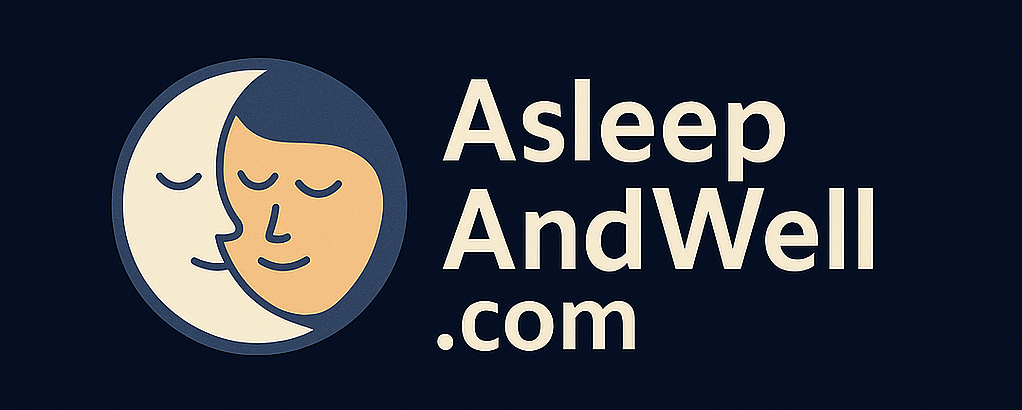🥱 How Food, Caffeine & Alcohol Affect Your Sleep
You’ve probably heard that coffee before bed is a bad idea. But it’s not just caffeine that messes with your sleep.
Heavy meals, spicy food, sugar, and alcohol can all keep your body restless long after your head hits the pillow.
This guide explains how the food and drinks you consume – especially in the second half of the day – can either support or sabotage your sleep.
Let’s break it down.
☕ Caffeine: How Long Does It Really Linger?
Caffeine doesn’t just “perk you up.” It blocks the sleep hormone adenosine, which keeps your brain alert long after you think it’s worn off.
Here’s what to know:
- Caffeine has a half-life of 5–6 hours, meaning half of it is still in your system that long after your last sip.
- For sensitive sleepers, even an afternoon coffee can delay the natural wind-down process.
- And it’s not just coffee – tea, cola, energy drinks, chocolate, and even some medications contain sneaky amounts.
Sleep-friendly habit: Try switching to caffeine-free drinks from mid-afternoon onwards. This gives your body time to naturally wind down before bed.
🧁 Sugar and Heavy Foods: The Sleep Saboteurs
Eating a big, rich, or sugary meal late in the evening may feel comforting, but it makes your body work overtime when it’s supposed to be winding down.
Why it matters:
- Spicy or acidic foods (like curries or tomato sauces) can trigger indigestion or heartburn at night.
- High-sugar foods may lead to blood sugar crashes, which can wake you up during the night.
- Heavy meals force your body into digestion mode – not rest mode.
Sleep-friendly habit: Aim to finish your evening meal 2–3 hours before bed. Light snacks are fine if you’re hungry later, but try to avoid rich or spicy foods.
🍷 Alcohol: Feels Soothing, But Isn’t
Alcohol might help you fall asleep faster – but that’s where the benefits end.
Here’s the reality:
- It reduces REM sleep, the deepest, most restorative phase.
- It increases your chances of waking up at night, especially as it wears off.
- You’re more likely to snore, sweat, or feel groggy the next day.
Sleep-friendly habit: If you drink alcohol, try to limit it to earlier in the evening and keep it moderate. This helps your body settle more naturally into deep, uninterrupted rest.
🌙 The Gentler Way: Eating For Sleep
If you want to support better sleep with food and drink, here’s what can help:
🍌 Try sleep-friendly snacks:
- Banana (magnesium + potassium)
- Tart cherries (natural melatonin)
- Warm milk or herbal teas (like chamomile or valerian)
💧 Stay hydrated – but not too late:
- Dehydration can disturb sleep
- But too much liquid right before bed can lead to night-time bathroom trips
🥣 Keep it light and calm:
- Avoid large, spicy, or high-fat meals within 3 hours of sleep
- Choose calm, simple meals in the evening (think soups, roasted veg, whole grains)
📝 Final Thoughts
You don’t have to eat “perfectly.” But making a few small shifts in what – and when – you eat or drink can have a big impact on how easily you fall asleep and stay asleep.
Try keeping a gentle food + sleep journal if you’re not sure what might be affecting you.
